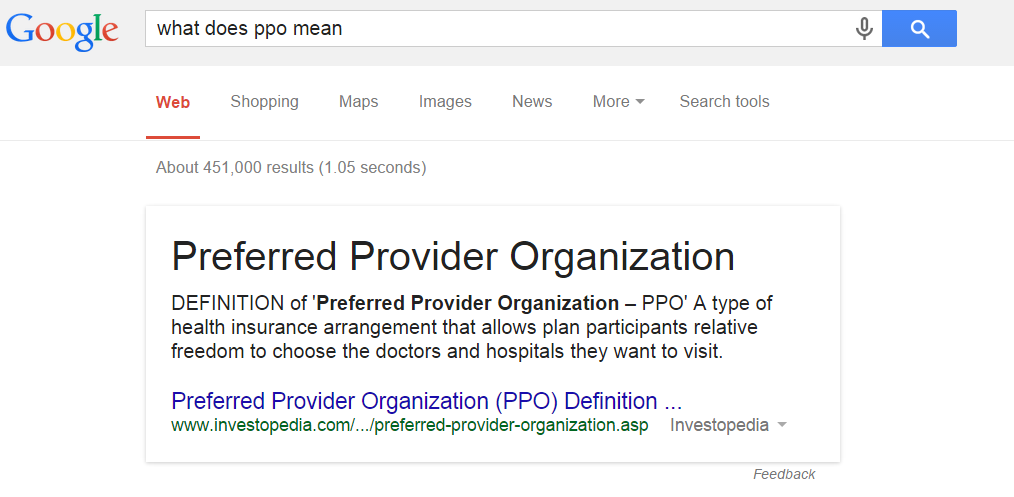Applying for new health care coverage is a stressful and time consuming process. There are definitely some tricks of the trade though, and equipped with the right information you’ll be able to apply in no time! Didn’t see our last post about health care coverage? Go here!
My cancer treatments and follow up appointments have all taken place at Barnes in St. Louis, MO. The last time I was there, I started asking about health insurance plans; explaining that I would be needing to apply for new coverage before the next time I would see my physician. I was pointed to a group of very knowledgeable women who gave me phone numbers galore to call when I started applying through the market place. After a few hours spent comparing the plans open to me, and a few phone calls to a very awesome and nice person at Barnes, I had all of my questions answered!
Google your answer then talk to someone about it!

When I was looking at plans, I routinely checked whether my oncologist was covered by the health insurance plan I was considering. Sometimes she wasn’t in their list of providers given on the website. When I called my trusty source at Barnes though, it turns out that starting in Jan. 2015, my oncologist did contract with some of those health insurance companies! Like I said before, always ask!
I have been told downright false information from one insurance company employee (maybe she actually didn’t know she was telling me something wrong?) and I’ve been manipulated by another. Once, I called the insurance company to ask a question, was given an answer, called back to ask another question and this second person told me that the first person should not have told me some of the information that she had…that they weren’t allowed to have told me that info, even though it was true. Goodness gracious….I cannot begin to explain to you how mad and sad this made me. Moral of the story, call someone with your questions who actually has your best interest in mind. I talked with someone specialized in the healthcare issues of the hospital at Barnes. People at Triage Cancer or the Kaiser Family Foundation can also be of great help!
Comparing even just a few plans can get kind of complicated. When figuring out which plans I could apply for, I input my state, projected income, age, and then filtered out only the Gold plans. There were 14 Gold plans possible…that is a lot of different premiums, deductibles, and out-of-pocket maximums to remember! When calculating the total cost, I put each of these plans into a spreadsheet. Each plan got it’s own row, then the name of the plan, the plan’s ID number, the monthly premium, deductible, and the out-of-pocket maximum, each in it’s own column. Then, to calculate my total yearly cost for a plan, I took the monthly premium * 12 and added that to the out-of-pocket maximum. (Co-pays, Co-Insurance shares, and your deductible all count towards your out-of-pocket maximum). Doing this calculation for each plan makes them financially comparable very quickly…and that way I don’t have to hold any numbers in my head. From there, I started making sure which insurance my oncologist took and which she did not…quite a process.
Yep…by law emergency room care is always covered by health insurance. In an emergency, after they’ve stabilized you in an ER, you can ask to be moved to an in-network hospital.
When considering a plan, there is a link that you can click to look at the list of ‘covered drugs.’ Sometimes this list is straight forward and you can just hit your keyboard’s Control key and then your f key (while still holding down the Control key) to search for your desired prescription. Every once in a while though, the list of covered drugs includes the actual medical names of the medications as opposed to the name you are used to calling them. For instance, Ortho Tri-Cyclen Lo also goes by the key words norgestimate, ethinyl estradiol. Whew, that’s a mouthful! I found that out by googling my question 🙂
You will have questions. You will need to ask people these questions. You will need to confirm that physicians you need to be covered by a plan, are covered by that plan (or are not). You can either do this all in one go or, like me, you can expect to spend an hour or two over several days figuring everything out. I find the spreading it out method to work best (at least for me) because then I’m not making a decision based on how tired I am of dealing with all of the fine print and confusion involved. Have a nice cup of coffee or tea by your side and try not to feel rushed.
Have that note pad ready! Nothing worse than having a question, forgetting it, and then realizing what it was when you’ve already signed up for a plan.
OMG…so complicated!
Sure, this process is stressful and confusing….but having adequate health insurance and knowing that your needed physicians take your health insurance will give you a TON of peace of mind for the rest of the year.
Fine Print: This post and all previous posts regarding healthcare coverage are meant to help simplify a very complicated process. The authors of this post are NOT medical professionals or insurance professionals. All information and opinion given here is anecdotal. Please do not replace expert advice from someone at your physician’s office as to what health care plan is good for you with the information found here. Please do not replace actual medical attention with the information found here.
Join the Conversation!
Leave a comment below. Remember to keep it positive!